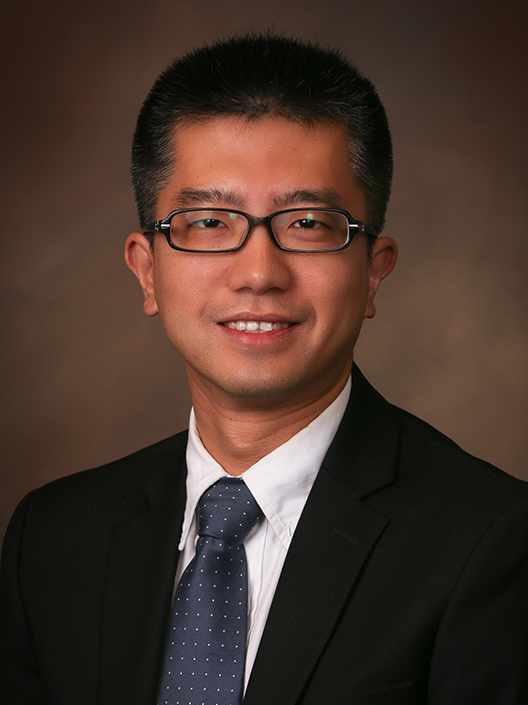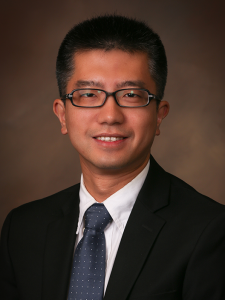“AI at the Edge: Analysis, Operation, and Implementation”
Tuesday, Jan. 30 at 1:00pm
LAR 234
Add to Calendar
Abstract
Artificial Intelligence (AI) at the edge is transforming various industries by bringing intelligence closer to where the data is generated, unlocking new possibilities for innovation and efficiency in a wide range of applications such as intelligent traffic management, remote patient monitoring, and smart agriculture. However, there are significant challenges in analysis, operation, and practical implementations of edge AI. In this talk, we will provide an overview of our recent progress in addressing these challenges and bring edge AI closer to practice. First, we consider the popular federated learning (FL) problem and propose a unified convergence analysis approach. The advantages of the proposed approach are that 1) it can be applied to many scenarios, including arbitrary client participation and unknown client participation processes that cannot be covered by other approaches, and the effect of these processes are just pluggable components that can be analyzed separately and conveniently, and 2) in many scenarios, even with weaker assumptions, the convergence rate of proposed approach matches the state of the art. Second, we consider FL system in operation, where the system resources may be constrained and have high dynamics such as mobile edge networks. We propose a novel stochastic optimization framework to jointly tune the control knobs such as client computation decisions and the model update compressions. One notable advantage of this framework is to directly minimize the convergence upper bound under system constraints and dynamics, which is formidably challenging due to the involved interplay among system parameters. Third, we consider the practical implementations of edge AI systems. In particular, we focus on our recent development and deployment of SPARC-LoRa system for smart aquiculture application. Finally, we conclude the presentation with our future research plans including building practical and scalable edge computing testbeds for everyone.
Biography
Dr. Mingyue Ji received the Ph.D. degree from the Ming Hsieh Department of Electrical and Computer Engineering at the University of Southern California in 2015. He subsequently was a Staff II System Design Scientist with Broadcom Inc. from 2015 to 2016. He is currently an associate professor in the Department of Electrical and Computer Engineering and an Adjunct Associate Professor in the Kahlert School of Computing at the University of Utah. His research interests span a broad spectrum, including cloud and edge computing, distributed machine learning, and 5G and beyond wireless communications, networking, and sensing. Mingyue Ji’s research activities cover fundamental theory study, algorithm design and analysis, and practical system implementation and experimentation. He received the NSF CAREER Award in 2022, the IEEE Communications Society Leonard G. Abraham Prize for the Best IEEE Journal on Selected Areas in Communications (JSAC) Paper in 2019, the Best Paper Awards at 2021 IEEE GLOBECOM Conference and 2015 IEEE ICC Conference, and the Best Student Paper Award at 2010 IEEE European Wireless Conference, the 2022 Outstanding ECE Teaching Award and the 2023 Outstanding ECE Research Award at the University of Utah. He has been serving as Associate Editor for IEEE Transactions on Information Theory since 2022 and IEEE Transactions on Communications since 2020.


